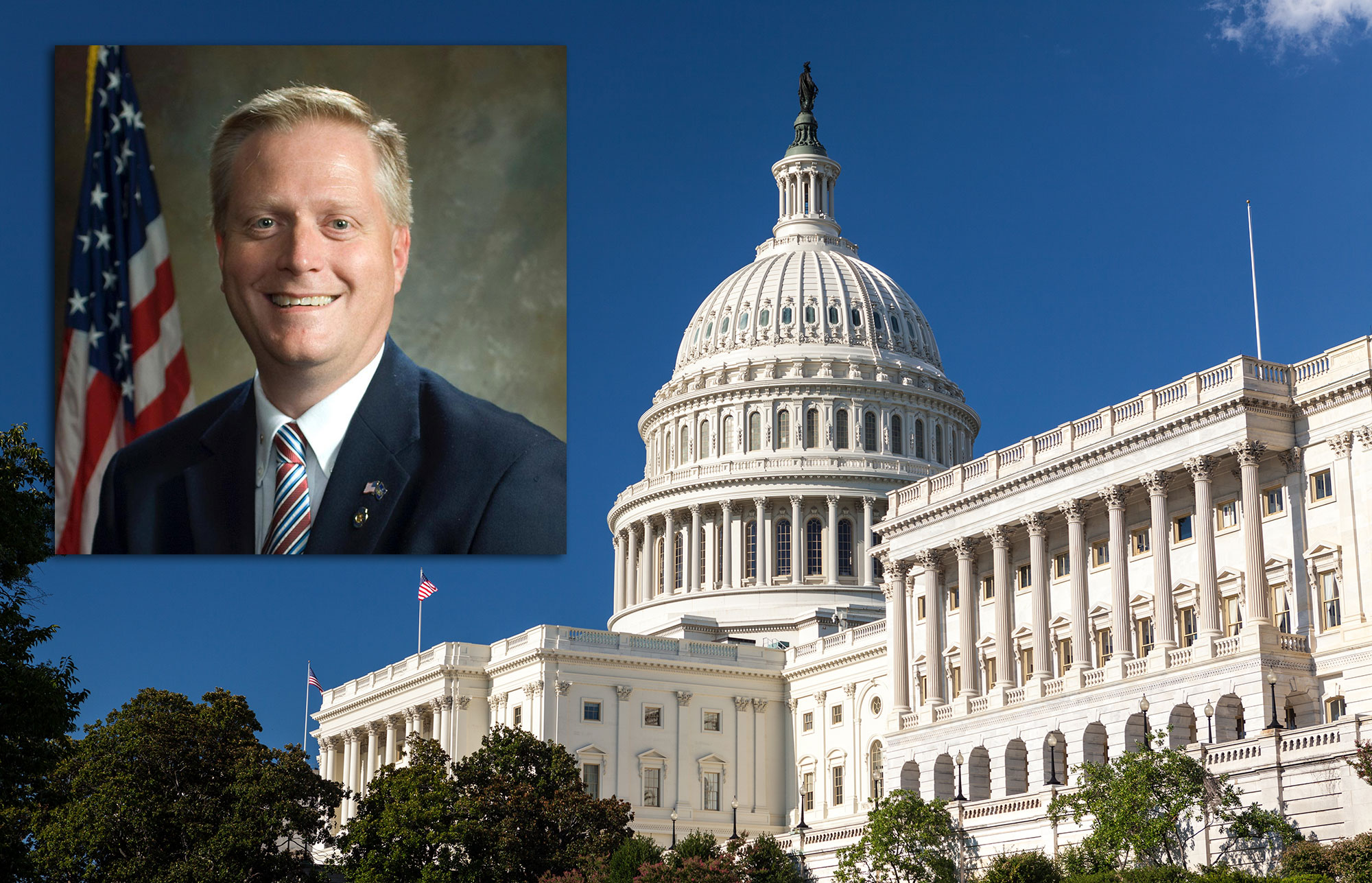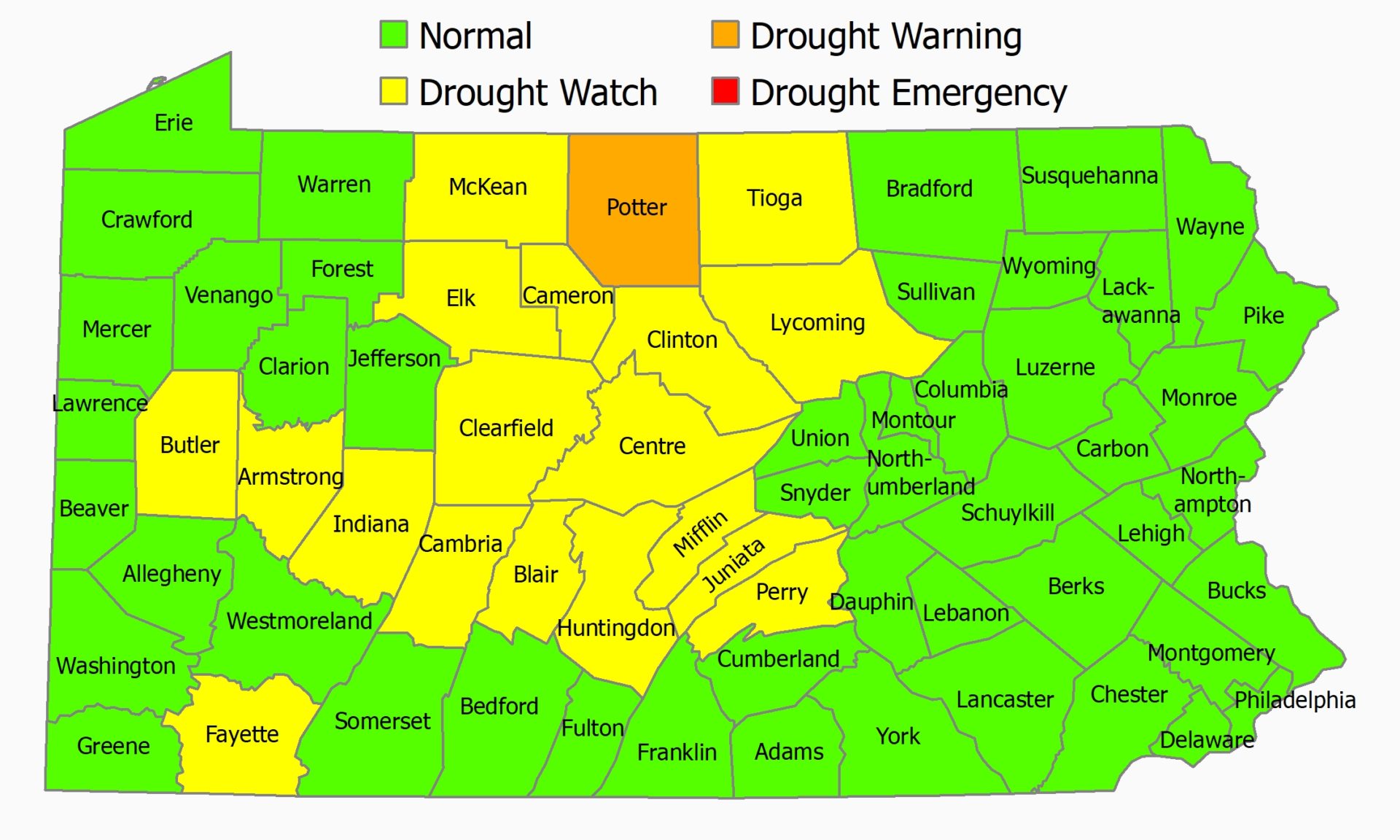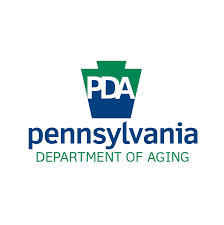L&I will provide up to $4 million in funding for the DCWTGs to create and develop training programs that increase the quality of services, offer specialty certifications, and create viable career opportunities for personal care assistants, home health aides and certified nursing assistants.
As demand increases in Pennsylvania for long-term care services due to the COVID-19 pandemic, the quality of care and safety of workers must be maintained.
The Pennsylvania Long-Term Care Council, which advises the Department of Aging and other agencies on long-term care issues, last year developed the Blueprint for Strengthening Pennsylvania’s Direct Care Workforce. This report recommended the establishment of standardized core training for direct care workers to provide career pathways throughout the continuum of long-term services and supports.
“Direct care workers are the cornerstone of long-term care, so I’m pleased to see how the important work of the Long-Term Care Council and its recommendations in the Blueprint for Strengthening Pennsylvania’s Direct Care Workforce has helped inform the goals and strategies of the DCWTG program,” said Secretary of Aging Robert Torres, who chairs the Council. “The Wolf Administration recognizes that creating pathways for more individuals to enter and remain in the direct care workforce is critical to ensuring that the long-term care needs of our citizens can be met both now and in the future.”
Eligible applicants include local workforce development boards, non-profit and non-governmental entities, community-based organizations, education and post-secondary organizations, healthcare organizations, labor organizations, business associations, trade associations of long-term services and supports providers, and economic development entities. Grant awardees are expected to be notified by the end of November 2020, and the grants will operate between January 1, 2021 and September 30, 2022.
Direct Care Worker Training Grants of up to $2 million are available through L&I’s reemployment funding to assist individuals become employed or improve their employment, including job search and placement services, educational enhancement, job training and job readiness and workplace skills training.
The deadline to apply is October 2, 2020. Additional details and the grant application can be found on L&I’s website.
Additional information is available on the L&I website at www.dli.pa.gov or by following us on Facebook, Twitter, and LinkedIn.










